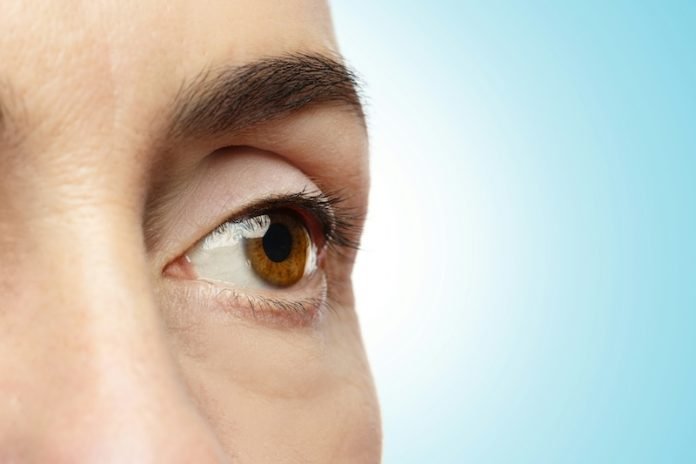
Diabetes is a condition that significantly impacts the body’s ability to process sugar and can affect various organs and systems, including the eyes.
For people living with diabetes, regular eye exams are not just about ensuring good vision; they are essential for preventing severe eye diseases that can lead to vision loss or blindness.
This research review highlights the importance of regular eye examinations for individuals with diabetes, discussing how they help prevent eye complications and the science supporting these practices.
Eye Complications Associated with Diabetes
Diabetes can lead to several eye problems, some of which can cause permanent damage if not treated early. The most common and serious eye condition associated with diabetes is diabetic retinopathy.
This occurs when high blood sugar levels cause damage to the blood vessels in the retina, the part of the eye that senses light and sends images to the brain. Initially, diabetic retinopathy may cause minor vision problems, but eventually, it can lead to blindness.
Other eye conditions that are more likely in people with diabetes include diabetic macular edema (DME), cataracts, and glaucoma:
- Diabetic Macular Edema happens when the damaged blood vessels leak fluid, causing swelling in the macula, part of the retina that provides sharp vision.
- Cataracts cause the lens of the eye to become cloudy, obscuring vision, and people with diabetes tend to develop cataracts at a younger age than those without diabetes.
- Glaucoma increases pressure in the eye, which can damage the optic nerve. Having diabetes nearly doubles the risk of developing glaucoma.
The Value of Regular Eye Exams
Regular eye exams are crucial because diabetic eye conditions often have no symptoms in their early stages. By the time symptoms appear, significant damage may have already occurred. Regular check-ups can detect problems early, when they are most treatable.
Guidelines suggest that adults with type 1 diabetes should have a comprehensive eye exam within five years of their diabetes diagnosis and annually thereafter.
Those with type 2 diabetes should have an eye exam shortly after their diagnosis and at regular intervals as recommended by an eye care professional.
Evidence Supporting Regular Eye Exams
Research has consistently shown that early detection and treatment can significantly reduce the risk of blindness from diabetic retinopathy and other related conditions.
For example, the Diabetic Retinopathy Study (DRS) and the Early Treatment Diabetic Retinopathy Study (ETDRS) have both demonstrated that proper monitoring and timely treatment, including with laser therapy and anti-VEGF injections, can preserve vision in people with diabetic eye disease.
What Happens During a Diabetic Eye Exam?
During an eye exam, the eye doctor (optometrist or ophthalmologist) will do more than just test vision clarity. They will also:
- Dilate the pupils to get a better view of the retina to check for signs of retinopathy, edema, and other eye problems.
- Test for glaucoma using tonometry, a method to measure the pressure inside the eye.
- Look for signs of cataracts.
Managing Risk
Apart from regular eye exams, individuals with diabetes can take steps to protect their vision by managing their blood sugar levels, blood pressure, and cholesterol. Keeping these under control can significantly reduce the risk of eye disease.
In conclusion, regular eye exams play a critical role in preventing serious eye diseases in people with diabetes. These exams help catch and treat conditions early, often before they lead to irreversible damage.
For diabetics, a commitment to regular eye care is a commitment to maintaining not only their sight but also their overall quality of life. This proactive approach is supported by decades of research and remains a cornerstone of diabetes management.
If you care about diabetes, please read studies that flaxseed oil is more beneficial than fish oil to people with diabetes, and green tea could help reduce death risk in diabetes.
For more information about nutrition, please see recent studies that blueberries strongly benefit people with metabolic syndrome, and results showing vitamin D could improve blood pressure in people with diabetes.
Copyright © 2024 Knowridge Science Report. All rights reserved.



